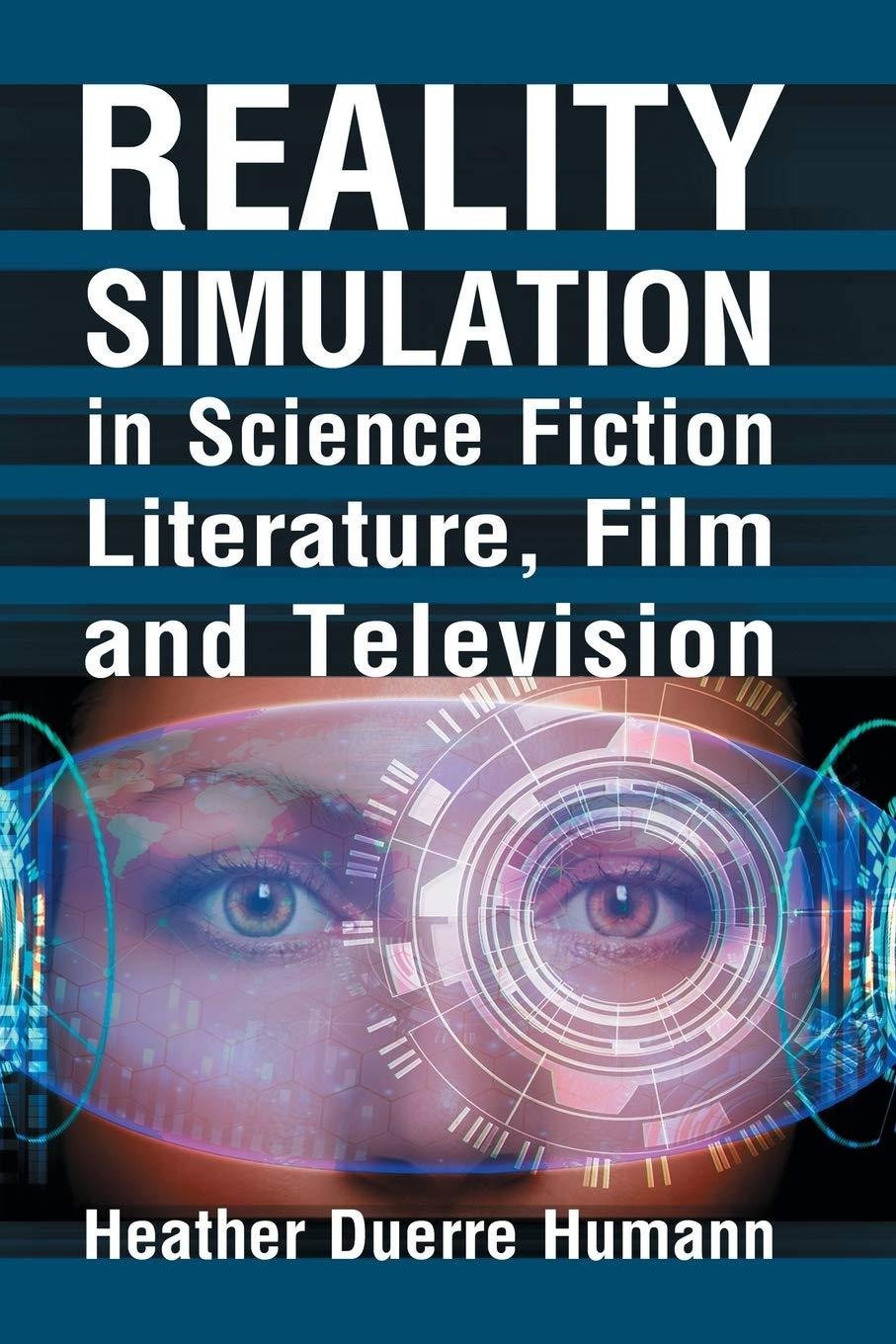Exploring the Blurry Line Between Reality and Fiction in Film
As viewers, we often find ourselves engrossed in the worlds created by filmmakers. Through the use of highly realistic settings, captivating characters, and engrossing plots, we are transported to places both familiar and unfamiliar. However, as we immerse ourselves in these stories, it can be difficult to distinguish where reality ends and fiction begins. In this article, we will explore the blurry line between reality and fiction in film and how it affects our perception of the world around us.
As viewers, we often find ourselves engrossed in the worlds created by filmmakers. Through the use of highly realistic settings, captivating characters, and engrossing plots, we are transported to places both familiar and unfamiliar. However, as we immerse ourselves in these stories, it can be difficult to distinguish where reality ends and fiction begins. In this article, we will explore the blurry line between reality and fiction in film and how it affects our perception of the world around us.

Introduction to the topic of reality vs fiction in film
Hey there movie lovers! Today, we are going to delve into the fascinating topic of “Reality vs Fiction in Film”. As cinema enthusiasts, we all love to get lost in the worlds created by our favorite movies. But have you ever stopped to think about how much of what we see on the screen is actually based on reality? From historical epics to gritty crime dramas, filmmakers have always had a knack for blending fact with fiction to create compelling and entertaining stories. So, let’s explore the different ways that reality and fiction intersect in the world of cinema!
The purpose of fiction in film
The purpose of fiction in film is to take viewers on a journey, allowing them to escape from reality and experience a different world through the eyes of characters. While some argue that movies should always be based on reality, the use of fiction in film can create a powerful emotional connection with the audience. Fictional stories can explore complex themes and ideas that may be difficult to convey in a purely factual narrative. Ultimately, whether a film is based on reality or fiction, it is the storyteller’s ability to engage and captivate the audience that determines its success.
Examples of films that prioritize reality over fiction
When it comes to filmmaking, there are many different approaches that can be taken. Some films prioritize fiction over reality, creating fantastical worlds and characters that captivate audiences. However, there are also many films that prioritize reality over fiction, striving to depict real-life situations and events as accurately as possible. Examples of such films include “Schindler’s List”, “Saving Private Ryan”, and “The Social Network”, which all tell important and impactful stories while staying true to the realities they depict. By prioritizing reality over fiction, these films are able to create a sense of authenticity and emotional resonance that is hard to achieve when dealing with purely fictional content.

Examples of films that prioritize fiction over reality
When it comes to filmmaking, reality and fiction can often be blurred or even completely disregarded. Some films prioritize fiction over reality to create a captivating and imaginative storyline, leaving the audience completely immersed in their world. Examples of such films include the sci-fi classic “Star Wars”, the fantasy epic “Lord of the Rings”, and the superhero sensation “The Avengers”. These movies take creative liberties with their plot and characters, making them larger than life and giving viewers an escape from reality. Despite their lack of realism, they continue to captivate audiences with their engaging storytelling and unforgettable characters.
The impact of fictional films on society
The impact of fictional films on society is undeniable. While some argue that fiction films are simply a form of entertainment, they can also shape our perceptions of the world around us. Many fictional films have tackled important social issues and sparked discussions about topics like race, gender, and politics. At the same time, however, it’s important to remember that these films are just that – fictional. While they may be inspired by real events or situations, they are not always an accurate reflection of the world we live in. As viewers, it’s up to us to strike a balance between enjoying the entertainment value of these films and understanding their limitations in terms of depicting reality.
The role of realism in documentary films
The role of realism in documentary films is integral to their purpose. Documentary filmmaking aims to capture real-life events and situations, providing an accurate representation of the world around us. Realism in documentary films helps to create a strong connection between the audience and the subject matter, allowing viewers to better understand and empathize with the people and issues being portrayed. However, the use of realism does not necessarily mean that documentary films are entirely objective. Filmmakers still use their own perspective and artistic choices to shape the narrative and presentation of the material. Ultimately, the balance between realism and subjective interpretation is what makes documentary filmmaking such a powerful and impactful medium.

The use of cinematic techniques to enhance the realism of fiction films
The use of cinematic techniques has played a crucial role in enhancing the realism of fiction films. Filmmakers have explored various techniques to create a more immersive and convincing experience for the audience. Techniques such as hand-held cameras, natural lighting, and realistic sound design have contributed to a more authentic portrayal of events on screen. These techniques have allowed filmmakers to blur the lines between reality and fiction and create a more engaging experience for the audience. They have also opened up new creative possibilities for filmmakers to tell stories in a more dynamic and visually stunning way.
The ethical implications of manipulating reality in films
The ethical implications of manipulating reality in films are complex and multidimensional. While some argue that filmmakers have creative license to portray reality in any way they see fit, others argue that manipulating reality can have serious consequences. For instance, it can create false narratives that perpetuate harmful stereotypes or misrepresent historical events. Additionally, it can erode public trust in the media and blur the lines between fact and fiction. As filmmakers continue to push the boundaries of what is possible in cinema, it is essential that they consider the ethical implications of their choices and strive to strike a balance between artistic expression and responsible storytelling.
Audience expectations and perceptions of reality in films
Audience expectations and perceptions of reality in films play a crucial role in shaping their viewing experience. While films are often seen as a form of escapism, they are also expected to reflect some semblance of reality. This means that viewers often watch movies with a critical eye, looking for moments of authenticity and relatability. However, at the same time, audiences are also willing to suspend their disbelief and accept the fictional world created by the film. The challenge for filmmakers is to strike a balance between these two opposing expectations, creating a story that is both engaging and believable, while still maintaining the freedom to explore the boundaries of fiction.
Conclusion and reflection on the balance between reality and fiction in film
In conclusion, the balance between reality and fiction in film is a delicate one. While too much fiction can lead to a disconnect with the audience, too much reality can make a film boring or uninteresting. It’s important for filmmakers to find the sweet spot between the two, creating a fictional story that still feels grounded in reality. As viewers, we also have a responsibility to approach films with an open mind and an understanding that not everything we see on screen is meant to be taken as absolute truth. At the end of the day, it’s the magic of cinema and the power of storytelling that keeps us coming back for more.
For more information about Reality vs Fiction in Film, including movie details, cast information, etc..
check out the filmaffinity page.



